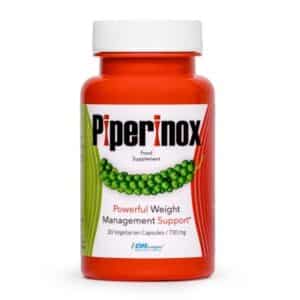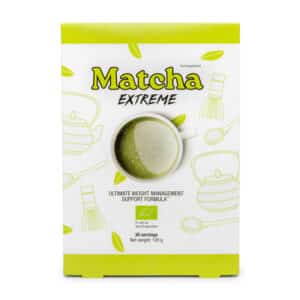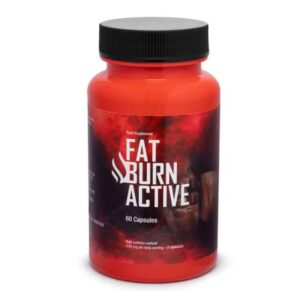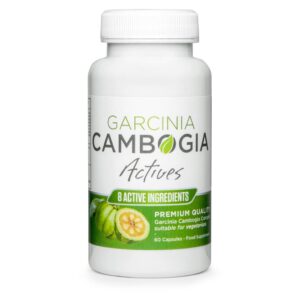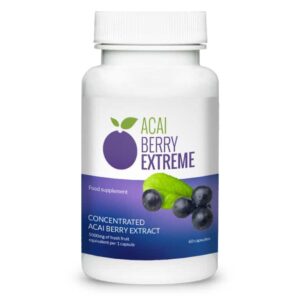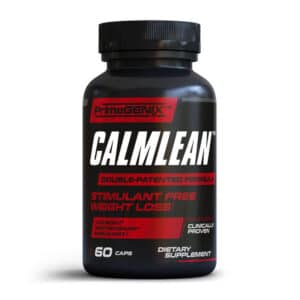Chromium, a trace mineral essential to human health, has garnered significant attention for its potential benefits and controversial risks. This guide explores the intricacies of chromium supplementation, detailing its uses, effectiveness, possible side effects, and dietary sources.
What is Chromium?
Chromium is a naturally occurring mineral found in various foods and is available as a dietary supplement. It exists in two main forms: trivalent chromium (chromium III), which is biologically active and found in food and supplements, and hexavalent chromium (chromium VI), a toxic byproduct of industrial processes. This guide focuses on trivalent chromium, recognized for its role in improving insulin action and metabolic processes.
Health Benefits of Chromium
- Enhancing Insulin Sensitivity Chromium is best known for its potential to enhance insulin sensitivity. Insulin is a hormone critical for regulating blood sugar levels, and chromium appears to amplify its effects, potentially aiding in blood sugar control for individuals with insulin resistance or type 2 diabetes.
- Blood Sugar Regulation Some studies suggest that chromium supplements may help lower glucose levels and improve insulin sensitivity in people with type 2 diabetes. However, the results are mixed, with some research showing significant benefits while others find minimal impact. It may be more effective for those with a chromium deficiency.
- Managing Polycystic Ovary Syndrome (PCOS) PCOS is an endocrine disorder associated with insulin resistance. Research indicates that chromium supplementation may improve lipid levels and assist in blood sugar regulation for women with PCOS, though results are inconsistent.
- Impact on Metabolic Syndrome Metabolic syndrome, a cluster of conditions that increase the risk of heart disease and diabetes, might also benefit from chromium’s effect on insulin action. However, studies have not conclusively shown chromium to improve blood sugar levels, lipid profiles, weight, or waist circumference in individuals with this syndrome.
- Potential Role in Dyslipidemia Dyslipidemia, characterized by abnormal cholesterol levels, has been linked to low chromium levels. While some studies suggest that chromium supplementation might help lower cholesterol, the evidence remains inconclusive.
- Weight Loss and Muscle Building Chromium is believed to influence lipid metabolism and body composition, potentially aiding in weight loss and muscle gain. Chromium picolinate, a popular supplement form, has shown minor but significant effects on reducing body fat and weight.
Dietary Sources of Chromium
While supplements are available, many people obtain sufficient chromium through their diet. Foods rich in chromium include:
- Mussels: Shellfish, particularly mussels, offer high levels of chromium.
- Broccoli: A cup of cooked broccoli provides an impressive amount of chromium.
- Grape Juice: Naturally rich in chromium, a cup of grape juice contains substantial amounts.
- Brewer’s Yeast: Often used in supplements and mixed with beverages, brewer’s yeast is rich in chromium.
- Lean Meats: Beef, turkey, and chicken breast all contain significant chromium levels.
- Wine: Both red and white wines provide varying levels of chromium.
- Brazil Nuts: Known for their rich nutrient content, Brazil nuts offer chromium but should be consumed in moderation.
- Whole Wheat Products: Whole wheat flour and products like English muffins are good sources of chromium.
Risks and Side Effects of Chromium Supplementation
- Side Effects Chromium is generally well-tolerated, but it can cause occasional side effects such as irregular heartbeats, sleep disturbances, headaches, mood changes, and allergic reactions. High doses may increase the risk of kidney or liver damage, particularly in individuals with preexisting conditions.
- Medication Interactions Chromium can interact with various medications, including insulin, metformin, and other diabetes drugs, potentially altering their effects. It may also interact with antacids, corticosteroids, beta-blockers, thyroid medication, and NSAID painkillers, affecting absorption or efficacy.
- Special Populations Pregnant or breastfeeding women should avoid chromium supplements unless advised by a doctor. The safety of chromium supplementation in children is also unclear, and they should only take it under medical supervision.
Recommended Intake and Supplementation
The Adequate Intake (AI) for chromium varies by age and gender:
- Women (19-50 years): 25 micrograms/day
- Women (51 years and older): 20 micrograms/day
- Men (19-50 years): 35 micrograms/day
- Men (51 years and older): 30 micrograms/day
While many people get more than the AI from their diet, the safety of higher intakes is not well-established. Studies on chromium supplementation for diabetes have used doses ranging from 200 to 1,000 micrograms daily, divided into smaller doses.
Conclusion
Chromium is an essential mineral with potential health benefits, particularly in enhancing insulin sensitivity and regulating blood sugar. However, the evidence supporting these benefits is mixed, and supplementation should be approached with caution. A well-balanced diet can provide sufficient chromium for most people, and those considering supplements should consult with a healthcare provider to avoid potential risks and interactions.
By understanding the benefits, risks, and dietary sources of chromium, individuals can make informed decisions about incorporating this mineral into their health regimen.

